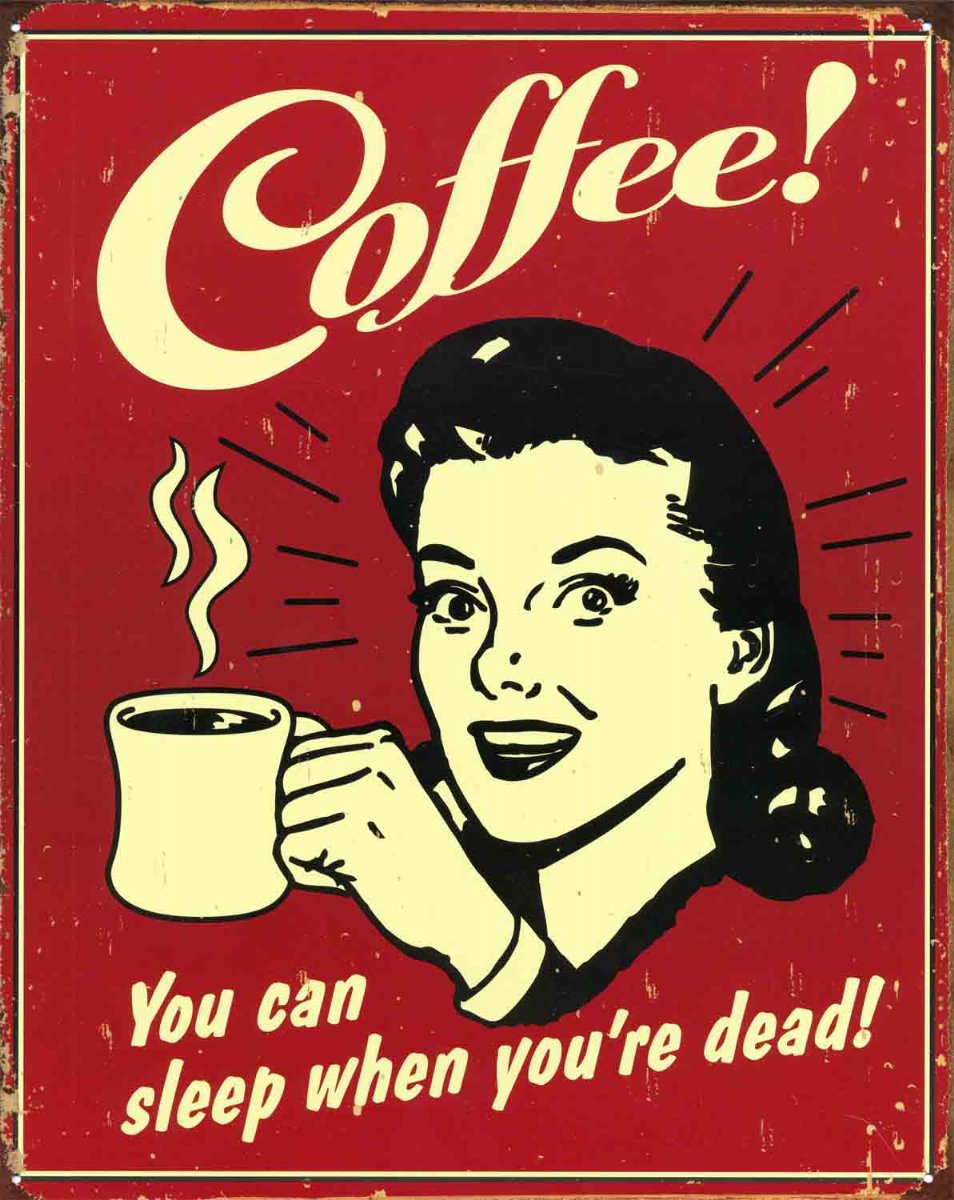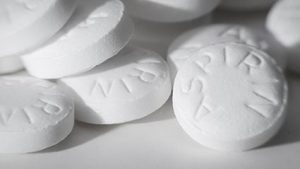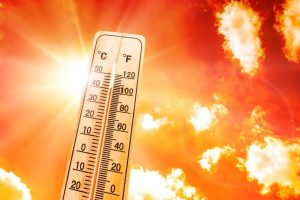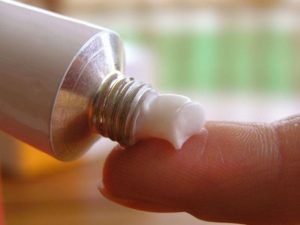 I’ve been married to my husband for almost four years. Naturally, he has learned a lot of very important things about me since we got hitched — for example, don’t put salt on my margarita rim, and don’t try to have an important conversation with me in the morning before I’ve had my coffee.
I’ve been married to my husband for almost four years. Naturally, he has learned a lot of very important things about me since we got hitched — for example, don’t put salt on my margarita rim, and don’t try to have an important conversation with me in the morning before I’ve had my coffee.
I need that coffee with fierceness. I often wake up with my mind muddled. Maybe I stayed up late the night before, maybe my toddler crawled into bed with me and I had to sleep with her tossing over me all night, or maybe the universe smiled upon me and I got a ton of sleep. I used to make excuses for why I needed caffeine, but if I’m being honest with myself, it really doesn’t matter if I’ve gotten eight hours of uninterrupted sleep or three hours of dozing — I need it just the same. It’s both a physical and a mental fix, and it’s a habit that I’ve just accepted as part of the life of a busy adult.
Recently, though, I thought it best to take a hard look at my caffeine intake. How much is too much? Normally, I drink about 2-3 small cups of black coffee in the morning and have two vitamin supplement drinks per day that also contain caffeine. If I workout or run on that particular day, I have an additional caffeinated beverage directly before. That sounds like a lot, right? It is. I’m alert and productive (most of the time), but is it too much?
Caffeine by the Numbers
According to the Food and Drug Administration (FDA), a moderate daily caffeine intake is around 200 milligrams (mg). That figure, which also represents the amount of caffeine the average adult consumes daily, equals about two cups of brewed coffee or four sodas.
As a person who drinks two cups of coffee before 8 am, I wasn’t overly reassured by this research. Does that mean I’ve reached my daily limit before most people punch in? Well, not exactly. All bodies are different and can handle varied amounts of substances, including caffeine.
So, if 200 mg is the average, how much is too much? Apparently, it depends on who you ask. The Mayo Clinic reports that 400 mg per day is the tipping point. The FDA, on the other hand, is a little more lenient — to them, 600 mg per day is too much.

Common Sources of Caffeine
Caffeine is, of course, found in coffee and energy drinks. You can also find it in chocolate — and even in some medications. Tea is another common source; black tea can run between 14-60 mg of caffeine per cup, and green tea can have 24-40 mg. A can of soda has between 30-50 mg of caffeine, depending on the brand.
What is your go-to coffee grab at the Starbucks drive through, and how much is left of your daily caffeine ration after you’ve slurped it all away? A grande Vanilla latte has about 150 mg, a grande Americano has approximately 225 mg, and that warm grande caramel macchiato is giving you 150 mg. Cutting back on calories? A tall skinny latte of any flavor has 75 mg.
Prefer your pick-me-up chilled? A grande iced coffee has 125 mg of caffeine, and a tall frap has about 70 mg. Maybe you’re a tea fan. If so, know that a grande green tea latte has 80 mg of caffeine, and the chai tea latte of the same size has 95 mg.
Add an extra shot of espresso to any beverage, and go ahead and add another 75 mg to your cup.
(Note, I was unable to include any McDonald’s coffee choices in this caffeine breakdown because, according to their website, they “don’t currently report the amount of caffeine in [their] coffee.”)
The Good, the Bad, and the Reality
The good: The FDA notes that caffeine is not the enemy — rather, it’s simply a central nervous stimulant that helps you feel more awake and alert for a period of time. When used in moderation, it can even be recommended by physicians to help improve productivity and even elevate mood.
The bad: Too much caffeine, though, can leave you jittery and make sleep difficult. In addition, it can cause headaches, nervousness, elevated blood pressure, and dehydration. It’s unlikely that you will ever die from a caffeine overdose, but excessive use for an extended period of time can have a negative effect on your body. Not to mention that caffeine is considered a slightly-addictive substance that can cause your body to develop a physical dependance with regular consumption. If you realize you consume too much caffeine, cutting back slowly is the best choice to avoid withdrawals.
The reality: Life is hectic. To stay sharp, I don’t see anything wrong with some help from caffeine — approximately 500 mg of help, that is. Cheers!
More information on caffeine’s effects on the body and the amounts some of your favorite products contain can be found at: the FDA, the Mayo Clinic, and Starbucks.

















